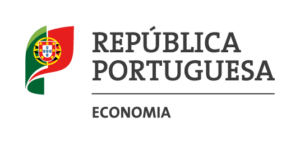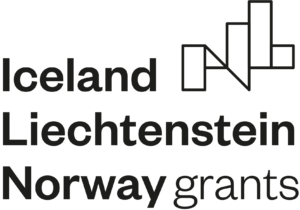DiCiMa: Digitalisation and Circularity for the Maritime as-built information
Innovation project (EEA.BG.SGS1_2.007.2021) financed by EEA grants programme 2014-2021
Financiado por:


Sobre os EEA Grants: Através do Acordo sobre o Espaço Económico Europeu (EEE), a Islândia, o Liechtenstein e a Noruega são parceiros no mercado interno com os Estados-Membros da União Europeia. Como forma de promover um contínuo e equilibrado reforço das relações económicas e comerciais, as partes do Acordo do EEE estabeleceram um Mecanismo Financeiro plurianual, conhecido como EEA Grants.
Os EEA Grants têm como objetivos reduzir as disparidades sociais e económicas na Europa e reforçar as relações bilaterais entre estes três países e os países beneficiários. Para o período 2014-2021, foi acordada uma contribuição total de 2,8 mil milhões de euros para 15 países beneficiários. Portugal beneficiará de uma verba de 102,7 milhões de euros.
Saiba mais em eeagrants.gov.pt
About the EEA Grants
Through the European Economic Area (EEA) Agreement, Iceland, Liechtenstein, and Norway are partners, in the internal market, of the Member States of the European Union. As a way of promoting a continuous and balanced strengthening of the economic and trade relations, the parties of the European Economic Area Agreement have established a Multiannual Financial Mechanism, known as the EEA Grants. The EEA Grants aim to reduce the economic and social disparities in the European Economic Area and strengthen the bilateral relations between beneficiary and donor countries. For the period 2014-2021, a total contribution of 2.8 thousand million euros has been agreed to 15 beneficiary countries. Portugal will benefit from an amount of 102.7 million euros.
Know more at www.eeagrants.gov.pt.
Financiamento no âmbito do Programa Crescimento Azul.
Projeto financiado pela Islândia, Liechtenstein e Noruega, através dos EEA Grants
O projeto DiCiMa – Digitalisation and Circularity for Maritime as-built information tem como objetivo desenvolver uma Solução-como-um-Serviço, para otimizar a criação de dados, a interoperabilidade de dados e o reaproveitamento de dados com base numa estrutura circular. A solução está particularmente focada nos domínios da gestão de dados de resíduos e de cargas em portos marítimos, onde existe um grande impacto económico e ambiental compartilhado.
O projeto envolverá a Geomodel – 3D Modelling Studio, uma empresa que desenvolve produtos e soluções para a digitalização tridimensional do ambiente físico, modelação inteligente e análise de dados espaciais. Além disso, o LNEC também estará envolvido. O conhecimento dos investigadores do LNEC dará suporte às principais tarefas no âmbito do projeto, relacionadas com a caracterização, validação e desenvolvimento das condições para promover a acreditação do método de medição nas suas partes mais relevantes, nomeadamente física, computacional e operacional.
AT1 – Métrica para a Circularidade no Ambiente Portuário Aplicada a Resíduos e Carga a Granel
AT2 – Enriquecimento de Dados: Classificação, Previsão e Visualização
AT3 – Validação de Medição e Suporte para Acreditação pelo LNEC
AT4 – Gestão e Comunicação do Projeto
-
Igualdade de género (Fundamental):
O consórcio promoverá uma participação equilibrada de género nas atividades a serem realizadas. Mulheres e homens enfrentam barreiras diferentes que devem ser reconhecidas pelos diferentes agentes empresariais. Portanto, promover uma participação equilibrada de género nas atividades pode aumentar a contribuição do projeto para a promoção da inovação social, desafiando suposições e preconceitos sobre mulheres, homens, feminilidades e masculinidades. Pretende-se que este legado do projeto se estenda além do seu período de execução, contribuindo assim para um crescimento sustentável e inclusivo. Na verdade, o projeto pretende criar um emprego (feminino) durante a sua fase de implementação, bem como outro (também feminino) após a sua conclusão. -
Inclusão e empoderamento dos Roma (Relevante):
A abordagem do DiCiMa demonstra preocupações reais relacionadas com a integração e inclusão de todos os grupos sociais (incluindo os Roma), em consonância com o quadro da UE para as Estratégias Nacionais de Integração dos Roma, que prevê instituições e políticas mais inclusivas, empoderamento e iniciativas de “Combate ao Preconceito”.
Como mencionado anteriormente, o projeto implicará a criação de empregos durante a implementação do projeto e após a sua conclusão, sendo um dos principais objetivos do consórcio, neste aspecto, ter uma abordagem ampla e abrangente, sem excluir de forma alguma qualquer grupo social no processo de recrutamento.
-
Inclusão social de grupos vulneráveis além dos Roma (Relevante):
Considerando que a partilha de boas práticas, a transferência de know-how e a troca de recursos entre os parceiros são alguns dos principais vetores do projeto, espera-se que, também neste contexto, haja uma disseminação generalizada de iniciativas de oportunidades mais inclusivas e igualitárias que possam levar à adoção efetiva de medidas relacionadas com esta questão premente, incluindo a inclusão social de grupos vulneráveis além dos Roma. -
Anti-discriminação (Fundamental):
O caminho para um impacto mais amplo começa com a criação/fortalecimento de uma rede de diferentes atores, independentemente da raça, género, crenças, tendências políticas, entre outros fatores. As iniciativas incluídas no plano de trabalho do DiCiMa permitirão uma relação simbiótica entre os parceiros do consórcio, bem como os stakeholders relevantes, através da qual será possível maximizar pontos fortes e minimizar fraquezas além do prazo do projeto. Este facto alavancará a capacidade do consórcio para trazer à mesa questões específicas relacionadas com a adoção de práticas anti-discriminação que nem sempre são consideradas ao tentar estabelecer uma agenda comum para enfrentar tais questões, abrindo caminho para o desenvolvimento de frameworks mais interconectados, inclusivos e eficientes inspirados nos resultados do projeto. -
Transparência e anti-corrupção (Fundamental):
O DiCiMa é construído a partir de uma perspetiva de abertura a fontes de conhecimento e a atores de conhecimento, o que está totalmente em linha com a Política de Ciência Aberta da UE. Além disso, o projeto terá uma abordagem de Ciência Aberta, através da qual procurará tornar transparente e acessível o conhecimento que é partilhado e desenvolvido através de redes colaborativas, ajudando assim a comunidade científica, o mundo dos negócios, atores políticos e cidadãos a terem uma compreensão comum e clara sobre questões relacionadas com a Transparência e a Anti-Corrupção, e estimulando um debate aberto sobre o valor acrescentado social, económico e humano deste fenómeno.
Além disso, uma vez que o DiCiMa está alinhado com a iniciativa ‘Open Research Data Pilot’, pretende-se que uma maior transparência caracterize todo o projeto e impacte, especialmente, na partilha de dados e na disseminação de resultados.
ENGLISH VERSION
Ports as transport nodes and as locations for logistics, manufacturing and waste operation activities will be affected by the transition towards CE. Ports handle huge volumes of non-renewable primary resources and waste. The trend towards CE will likely lead to a decline in these volumes [5]. The majority of non-fossil imports and exports furthermore consist of products in linear supply chains, and these flows will be impacted as well, especially when supply chains move from current globalized and linear structures to more localized and circular ones. The CE transition also offers an opportunity for ports to diversify into circular economy activities as alternative lines of business.
The project DiCiMa – Digitalisation and Circularity for Maritime as-built information aims to develop a Solution-as-a-Service, to optimize the data creation, data interoperability and data reuse based on a circular structure. The Solution is particularly focused on the domains of waste and cargo data management at maritime ports, where there is a shared large economic and environmental impact.
The project will involve Geomodel – 3D Modelling Studio, a company that develops products and solutions for the three-dimensional scanning of the physical environment, intelligent modelling, and spatial data analysis. Also, LNEC will be involved. The knowledge of LNEC researchers will give support to the main tasks in the scope of the project, related with the characterization, validation and development of the conditions to promote the accreditation of the measurement method in its most relevant parts, namely, physical, computational and operational.
- AT1 – Metric for Circularity on Port Environment Applied to waste and bulk Cargo
- AT2 – Data enrichment: Classification, Prediction and Visualization
- AT3 – Measurement validation and support for accreditation by LNEC
- AT4 – Project Management and Communication
1. Gender equality (Fundamental):
The consortium will promote a gender-balanced participation in the activities to be carried out. Women and men face different barriers that should be acknowledged by the different business agents. Therefore, promoting a gender-balanced participation in the activities to be carried may increase the project’s contribution to promoting social innovation, challenging assumptions and preconceptions about women, men, femininities, and masculinities. It is intended that this legacy of the project is extended over and above its execution timeframe, thus contributing to a sustainable and inclusive growth. In fact, the project intends to create a job (female) during its implementation phase, as well as another one (also female) after its conclusion.
2. Roma inclusion and empowerment (Relevant):
DiCima’s approach shows real concerns related to the integration and inclusion of all social groups (including Roma), in line with EU’s framework for National Roma Integration Strategies, which foresees more inclusive institutions and policies, empowerment and “Fighting Prejudice” initiatives.
As previously mentioned, the project will entail the creation of jobs, during the implementation of the project and after its conclusion, being one of the main goals of the consortium, in such matter, to have a broad and comprehensive approach, not excluding in any shape or form, any social group in the recruitment process.
3. Social inclusion of vulnerable groups other than Roma (Relevant):
Considering that good practice sharing, know-how transfer and resource exchange amongst partners are some of the main vectors of the project, it is expected that, also in this context, there will be a widespread dissemination of more inclusive and equal opportunities initiatives that may lead to an effective adoption of measures related to this pressing issue, including social inclusion of vulnerable groups other than Roma.
4. Anti-discrimination (Fundamental):
The pathway towards (wider) impact starts from the creation/strengthening of a network of different actors, regardless of the race, gender, credos, political tendencies among other factors. The initiatives that are included in DiCiMa’s work plan will enable a symbiotic relationship amongst the consortium’s partners, as well as the relevant stakeholders, through which it will be possible to maximize strengths and minimize weaknesses beyond the project’s timeframe. This fact will leverage the consortium’s capability to bring to the table specific issues related to the adoption of anti-discrimination practices that are not always taken into consideration when trying to establish a common agenda on tackling such issues, paving the way for the development of more interconnected, inclusive, and efficient frameworks inspired by the results of the project.
5. Transparency and anti-corruption (Fundamental):
DiCiMa is built on a perspective of openness to sources of knowledge and knowledge actors – which is fully in line with the EU Open Science Policy. Also, the project will have an Open Science approach through which will look to make transparent and accessible knowledge that is shared and developed through collaborative networks, thus helping the scientific community, the business world, political actors, and citizens to have a common and clear understanding about Transparency and Anti-Corruption related issues, and stimulating an open debate about the social, economic, and human added value of this phenomenon.
Moreover, since DiCiMa is aligned with the initiative ‘Open Research Data Pilot’, it is intended that greater transparency should characterize the whole project and should impact, especially in data sharing and dissemination of results.

